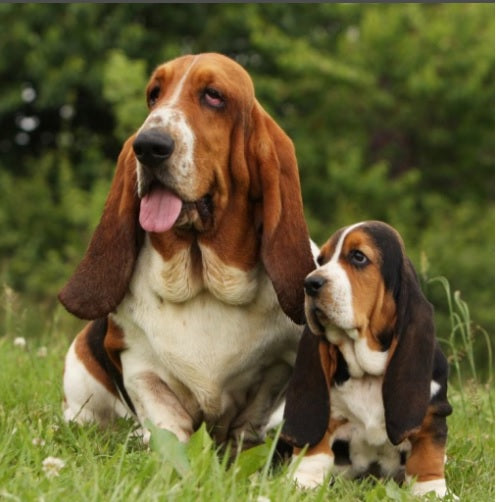Have you ever caught your furry friend indulging in a less-than-appetizing snack of their own feces? This behavior, known as coprophagia, can be concerning for pet owners. But fear not, as there are scientific reasons behind this behavior and steps you can take to address it.
What Causes Coprophagia?
Coprophagia is a common behavior in dogs, with up to 16% of dogs engaging in this activity at some point in their lives. There are several reasons why dogs may eat feces, including nutritional deficiencies, medical conditions, behavioral issues, or simply out of curiosity.
How to Address Coprophagia
If your dog is engaging in coprophagia, it is essential to address the underlying cause. Start by ensuring your dog is on a balanced diet that meets their nutritional needs. Adding supplements like GasroBalance dog coprophagia relief may help reduce the behavior.
Regular exercise and mental stimulation can also help curb coprophagia, as boredom and stress can contribute to this behavior. Additionally, training your dog with positive reinforcement techniques can redirect their focus and discourage them from eating feces.
While coprophagia can be a challenging behavior to address, understanding the reasons behind it and taking proactive steps can help manage and reduce this behavior in your furry companion. Remember, patience and consistency are key when addressing any behavioral issue in dogs.





